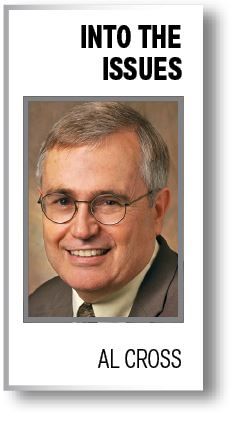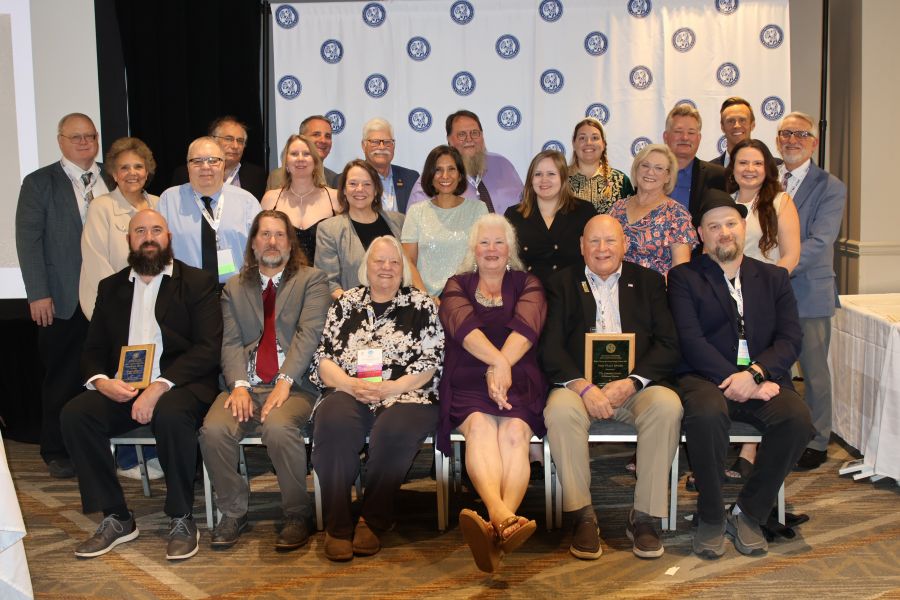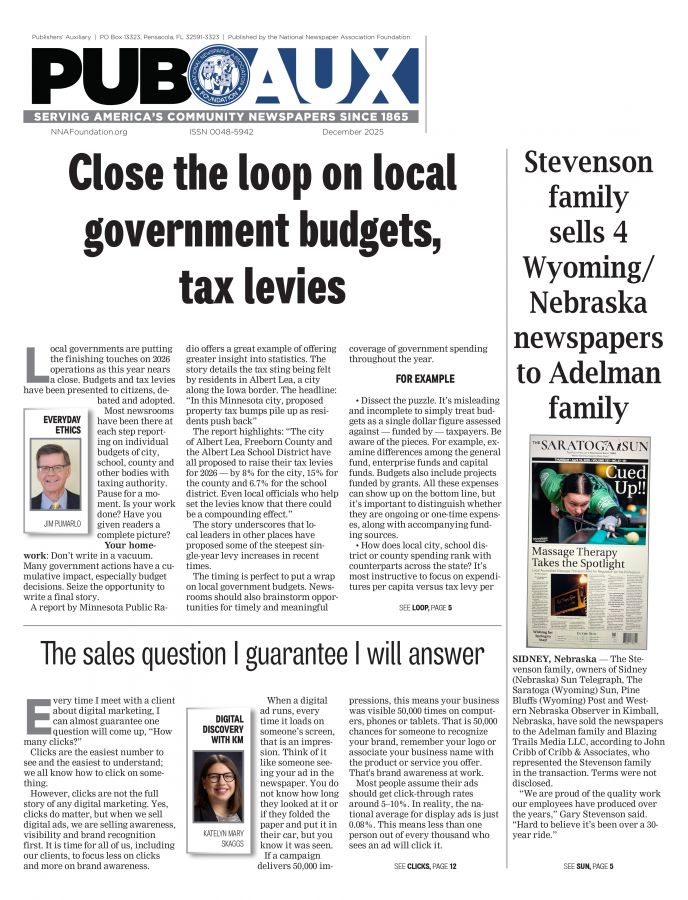Pandemic facts can be delivered with unusual means: social media, Extension agents, federal funding
Al Cross
Sep 1, 2021


With the nation desperately in need of vaccination and masking to prevent deaths and keep our hospitals from being overrun, what role should community newspapers play?
Clearly, what people need most are facts. Misinformation about the coronavirus, its COVID-19 disease and the vaccines is more prevalent in rural areas, a COVID States Project poll showed, and we noted it on The Rural Blog at https://tinyurl.com/p5apxv5n.
There is plenty of factual information from reliable sources, so one approach is to publish answers to frequently asked questions. We did that on TRB at https://tinyurl.com/zkpvbs5b; it made for a long story, so when we originally published it on Kentucky Health News, we suggested to editors that they could run it in installments, and some did.
Questions and concerns vary from community to community, so you might want to focus on those that you think are most important to your readers. You might get a better idea of concerns in your state, compared to other states, from a Census Bureau survey that we reported at https://tinyurl.com/2rpzerm8. For example, it showed that one reason for vaccine hesitancy or resistance, distrust of government, was highest in Minnesota and Kentucky.
But if you really want to have an impact, you have to go where the misinformation is: social media. The U.S. Centers for Disease Control and Prevention has a guide on how to handle misinformation on social media at https://tinyurl.com/2nyf6fmp. One of its introductory lines is an example of the non-judgmental approach that helps when giving factual information to people who have been misled: “Misinformation often arises when there are information gaps or unsettled science, as human nature seeks to reason, better understand and fill in the gaps.”
This is a big job, so it’s helpful to have partners. The best are probably your local health-care providers. A doctor in Somerset, Kentucky, called up the Commonwealth Journal to get a story in which he gave the facts and pleaded with his neighbors to get vaccinated. Kentucky Health News noted it at https://tinyurl.com/s8njycuk, and that prompted retired journalist Jamie Lucke to volunteer to write similar KHN stories that are being picked up by local papers: https://tinyurl.com/yrwcnpxk.
This is an unusual time that calls for unusual partners. You probably didn’t know that the Cooperative Extension Service in your state has received a special federal appropriation for immunization education, tailored to specific communities; we took note of it at https://tinyurl.com/vrm672yc. This is an unusual venture for the Extension program, one in which community newspapers could be helpful.
Extension agents are cautioned not to get involved in controversial issues, and in some places right now there is no more controversial issue than preventive measures against the pandemic, such as masking and vaccination, so some agents are hesitant to get involved. That’s even true of some newspapers. This is a case where Extension agents and newspapers can have each other’s backs and do what they are supposed to do: deliver facts and advice to help people live better lives.
Another batch of federal pandemic relief funds has gone to the community health clinics that are officially known as federally qualified health centers, which TRB noted at https://tinyurl.com/btjc9ehd. A state-by-state list is at https://tinyurl.com/3ajzpuhh. It’s unclear exactly how the centers can spend this money, but community newspapers need to ask them. Funds might be available for advertising or even sponsoring a sample-copy edition countywide or to certain postal routes.
Sample copying could make a significant difference in the course of the pandemic in your county. It reaches population segments that don’t regularly read your newspaper and that are probably in greater need of factual information about the virus and the vaccines: the young, the lesser educated and the poor. Medicaid beneficiaries are less likely to get vaccinated against the virus, we reported at https://tinyurl.com/h25wy9tj.
In Kentucky, some local governments have sponsored sample copying of newspapers packed with coronavirus information. As this column was written Aug. 27, state officials were considering a proposal from our Institute for Rural Journalism and Community Issues that they sponsor sample copying with the assistance of the Kentucky Press Association. The state would use federal pandemic relief money, and there’s no reason to think that other states couldn’t do likewise.
And what about your editorial page? Last month, this column mentioned some prize-winning pandemic editorials in weekly newspapers and endorsed an indirect approach; an editorial is unlikely to convince many vaccine skeptics to get a shot, so the better targets are family and friends who are more likely to be persuasive.
Given the role that some politicians have played in spawning doubts about vaccines and masking, newspapers should look for opportunities to compliment politicians who are doing the right thing. Kentucky Health News did that implicitly when a congressman whose district lags in vaccination spoke out in favor of it: https://tinyurl.com/5957sf4j.
Often, the most opinionated thing on an editorial page is the cartoon. Bill Bramhill of the New York Daily News did a Pulitzer-worthy one about pandemic misinformation, and we published it at https://tinyurl.com/ytbkd67c.
Non-local contributors can still strike chords with local readers. Recently, TRB excerpted and KHN republished pandemic articles that we thought resonated with rural audiences: Appalachian writer Silas House’s lament about people not willing to sacrifice for the common good (https://tinyurl.com/pad4v3c7), and Alabama political writer Kyle Whitmire’s column disputing religious notions that pandemic prevention isn’t important (https://tinyurl.com/3s3x9pat). Keep an eye out for pieces like those, and use them as inspiration for your own.
Stay safe, be well and help your neighbors do likewise. If you need help covering the pandemic or anything else, just email me at al.cross@uky.edu.
Al Cross edited and managed rural newspapers before covering politics for the Louisville Courier Journal and serving as president of the Society of Professional Journalists. He is the extension professor of journalism at the University of Kentucky and director of its Institute for Rural Journalism and Community Issues, which publishes The Rural Blog at irjci.blogspot.com and the Midway Messenger at MidwayMessenger.org.










